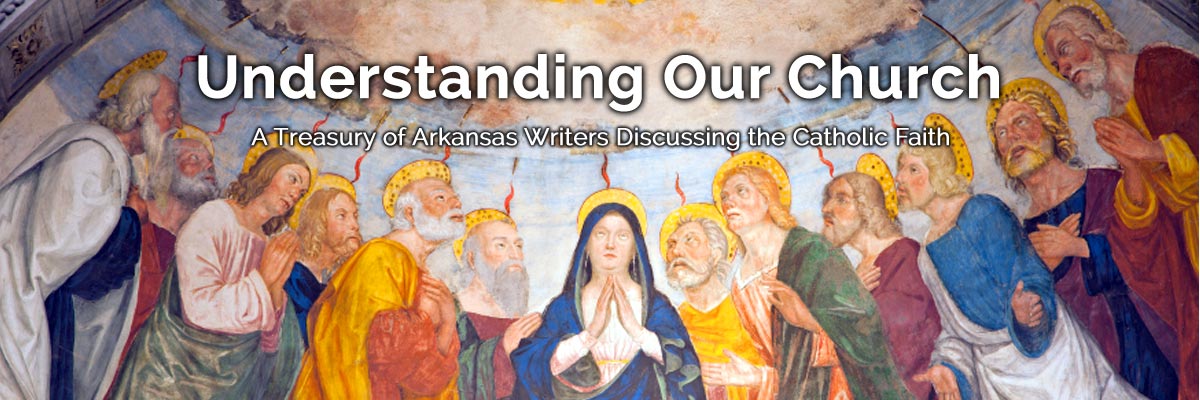Official Website of the
Catholic Diocese of Little Rock
Jesus’ baptism allows us to reflect on own sacramental commitment
Published: January 8, 2015
By Deacon Chuck Ashburn
Director of Faith Formation
The Church has celebrated Jesus’ baptism since the second century. But it was not until recently that the celebration of his baptism became a separate liturgical event.
Originally the baptism of Jesus, the events that took place at the wedding in Cana and the commemoration of the Magi visit were celebrated together on the feast of the Epiphany.
During our baptism we die with Jesus so that we can be reborn as sons and daughters of the same Father. Through our adoption as sons and daughters of God, we also become brothers and sisters with Jesus and all the faithful creating a bond that can never be broken.
A separate celebration for the commemoration of the baptism of our Lord was established Jan. 13, 1955, by Pope Pius XII. Pope John XXIII kept the celebration on Jan. 13 but elevated to the rank of a second-class feast.
Fourteen years after elevating Jesus’ baptism to a feast, Pope Paul VI set the date in which it is celebrated to the first Sunday after Jan. 6, the Epiphany. St. John Paul II, during his papacy, began the practice of baptizing children in the Sistine Chapel on this feast day, a practice carried on by Pope Emeritus Benedict XVI and Pope Francis.
The baptism of our Lord in the Jordan River by St. John the Baptist is an event of great importance. First, this feast celebrates the end of the Christmas season. On the following day the first of the two seasons of ordinary time begin. Second, it divinely inaugurates the beginning of Jesus’ public ministry.
St. Peter said that following his baptism in the Jordan River, “God anointed Jesus of Nazareth with the Holy Spirit and with power and he went about doing good and healing all who were in the power of the devil, for God was with him." (Acts 10:38)
At the moment when Jesus is baptized by John the heavens open up and for the first time the complete manifestation of the Trinity is realized: Father, Son and Holy Spirit. However, this day has to be more than just the celebration of a specific moment in history. This is also a time in which we remember our own connection with Jesus through our own baptism.
For too many, our baptism is nothing more than a date in our personal history. But it is much more than that.
During our baptism, we die with Jesus so that we can be reborn as sons and daughters of the same Father. Through our adoption as sons and daughters of God, we also become brothers and sisters with Jesus and all the faithful creating a bond that can never be broken. Like Jesus in the sacrament of baptism, we are anointed as Jesus was anointed so that we can share in his ministry.
Our baptisms are for us the beginning of our public lives in which we strive to be the light of Christ for others.
Let’s take some time to look back and contemplate on the events that took place on the shores of the river Jordan and see if our public lives would warrant our hearing God say to us: “This is my beloved child in whom I am well pleased.”




